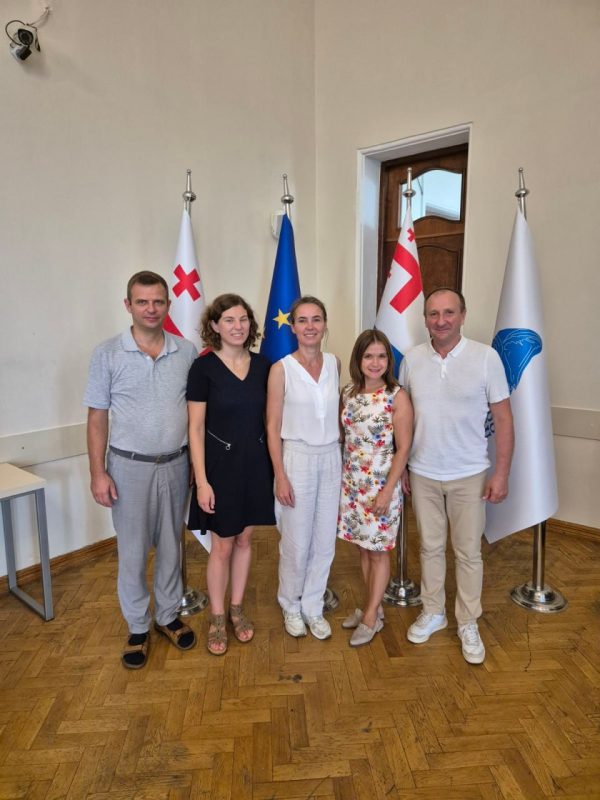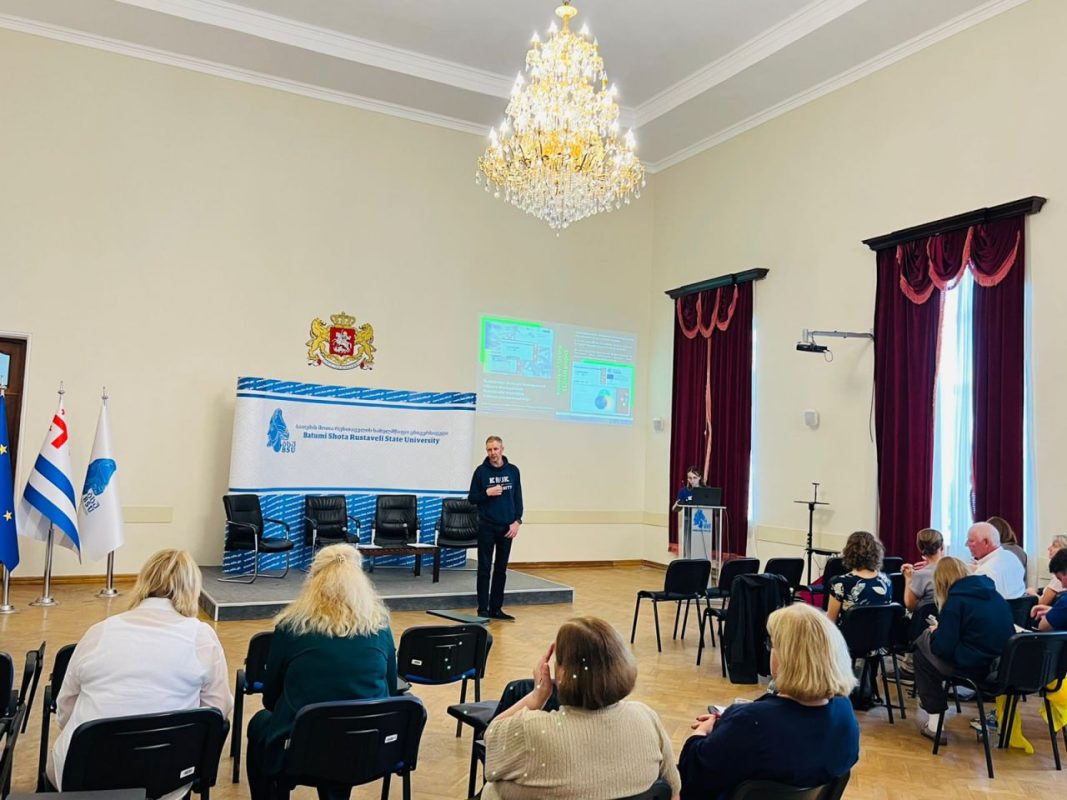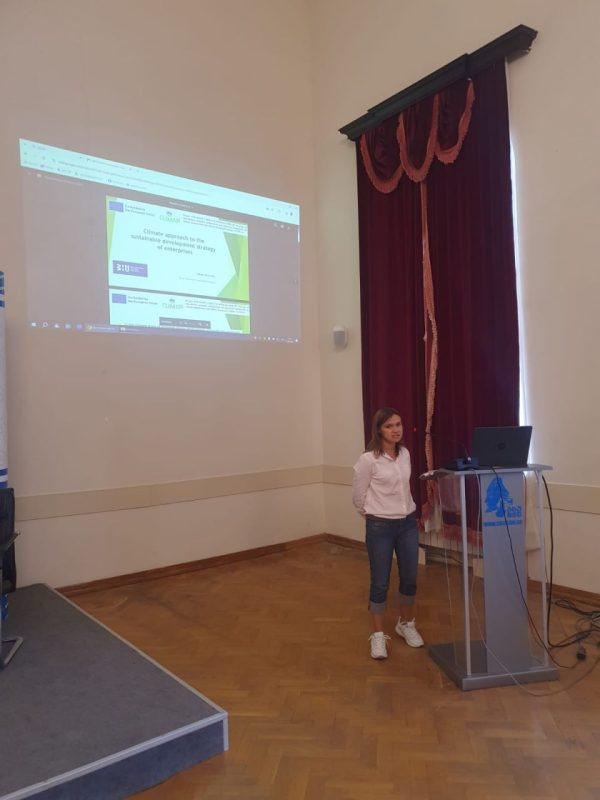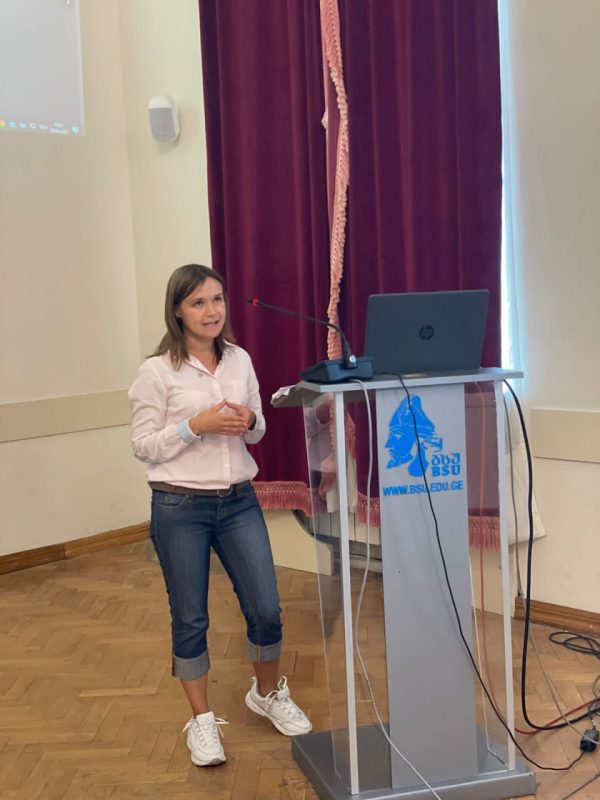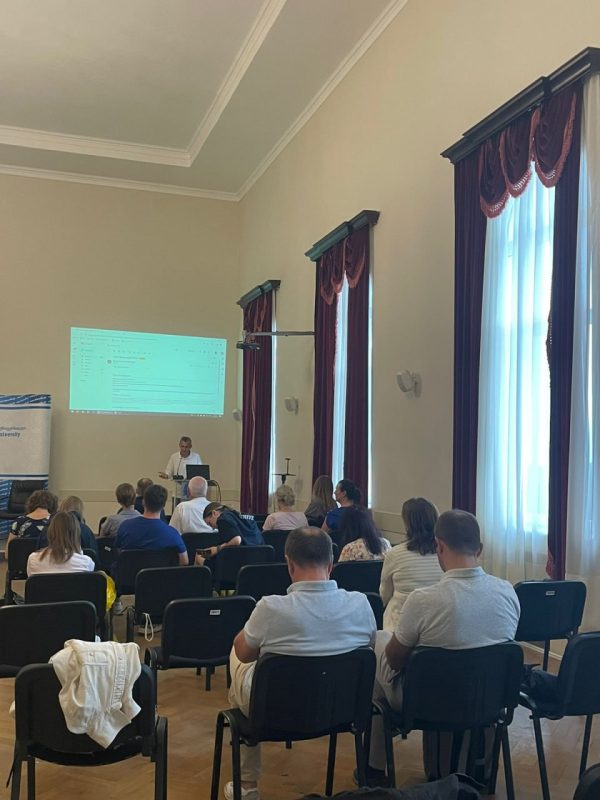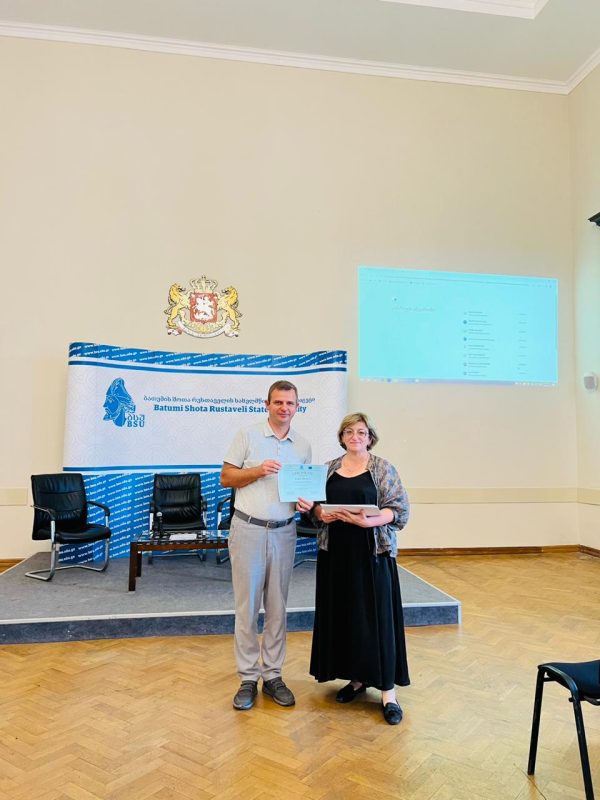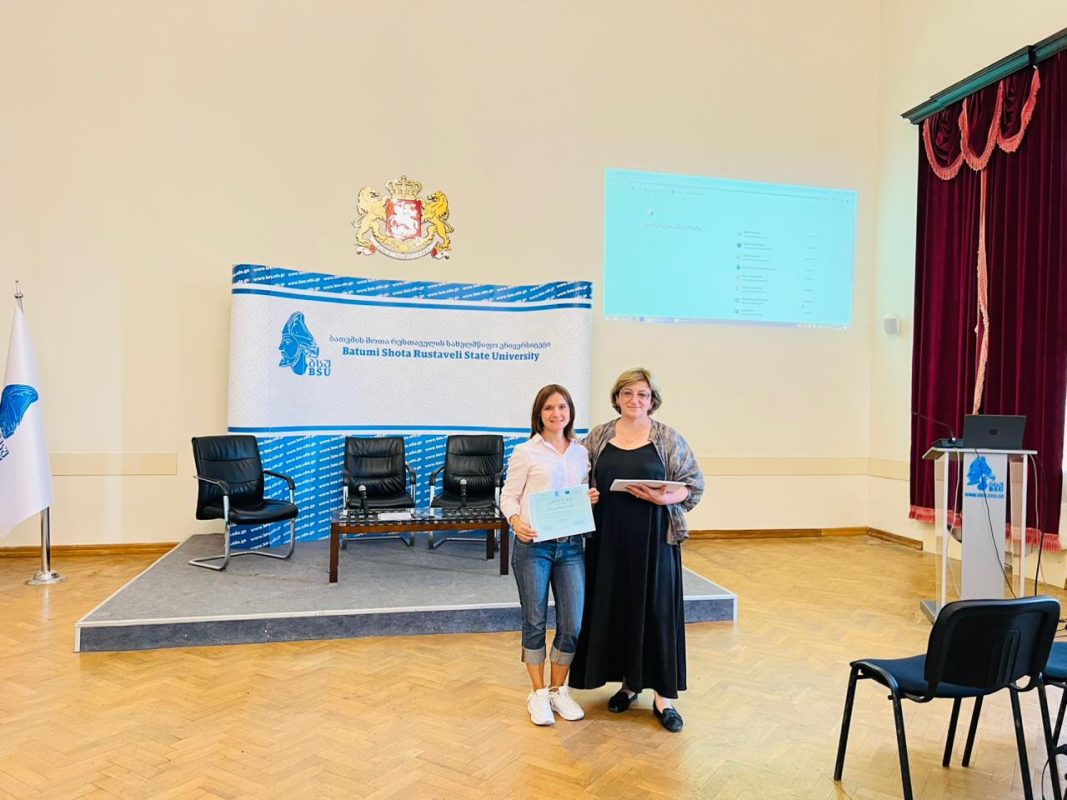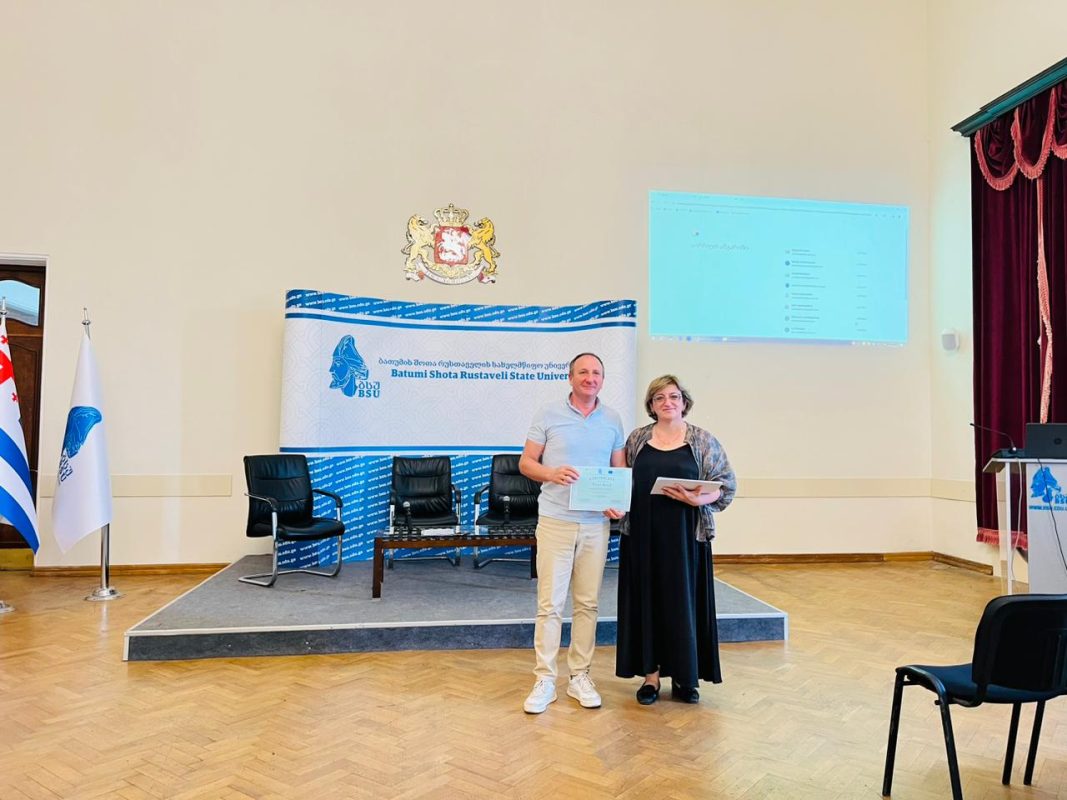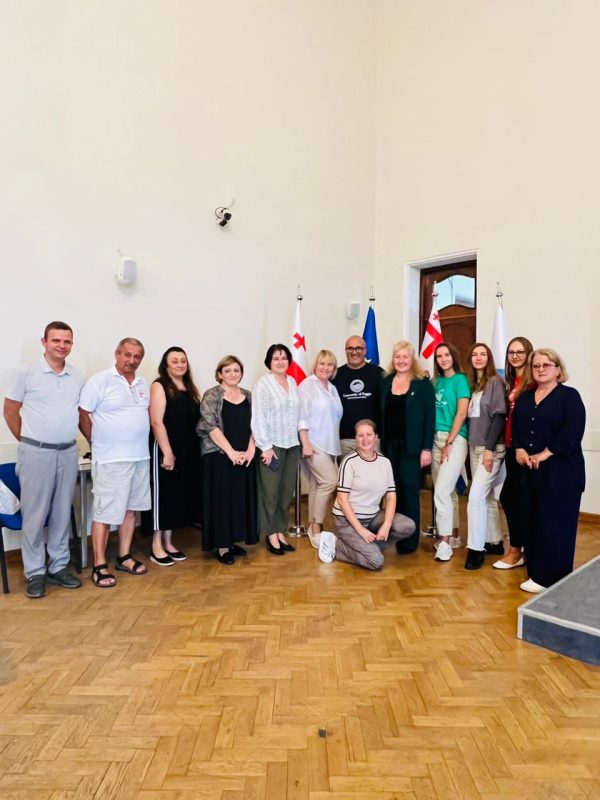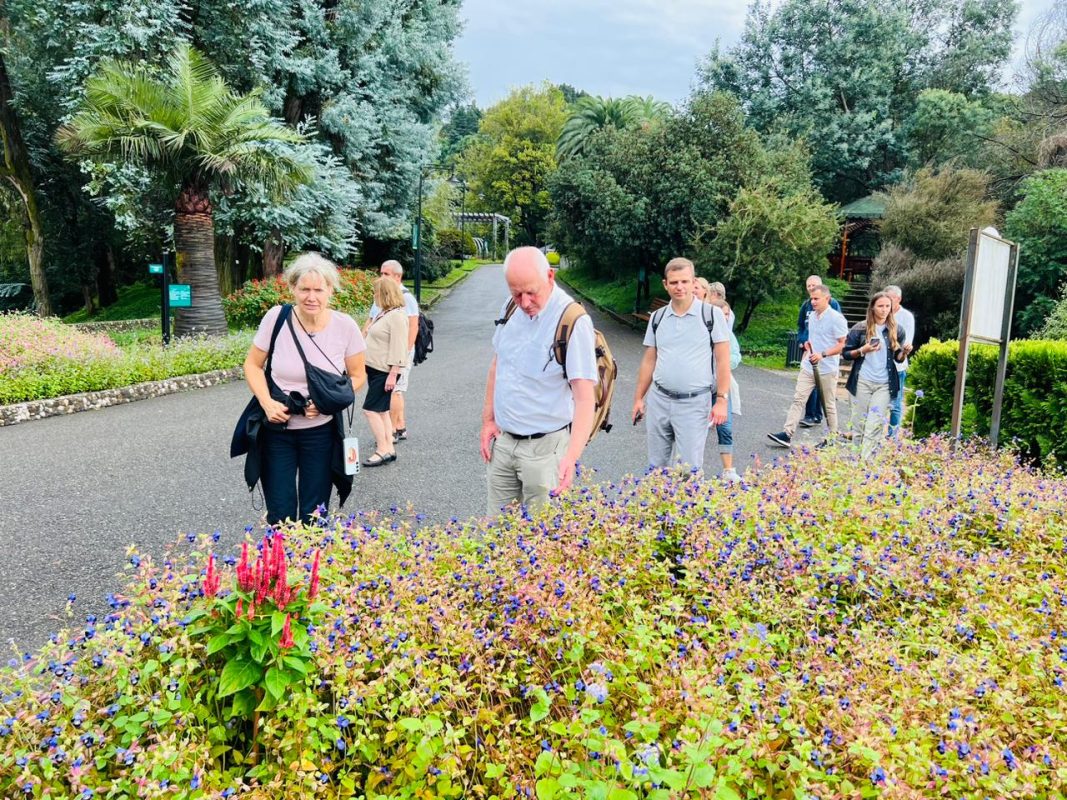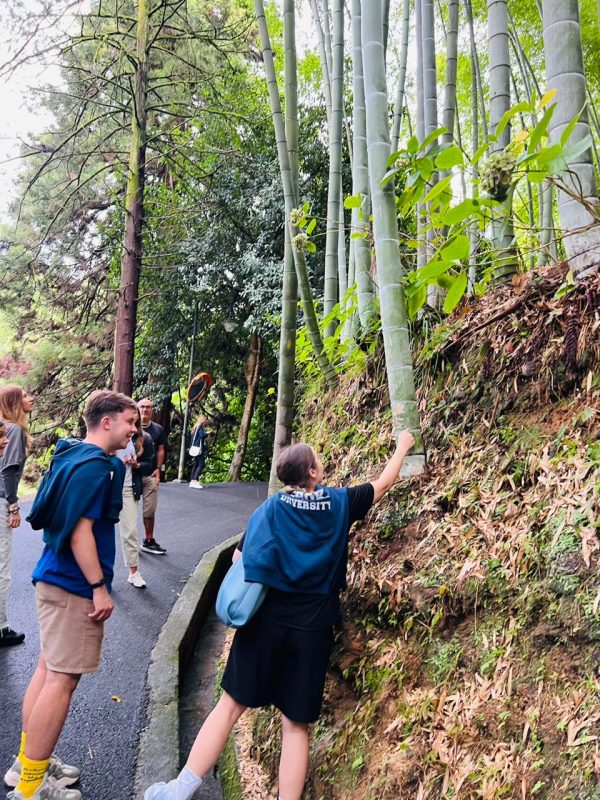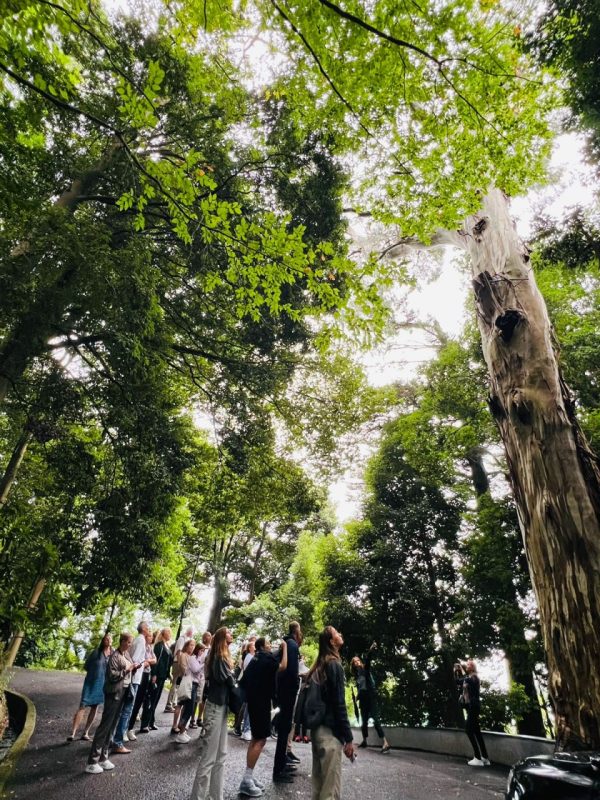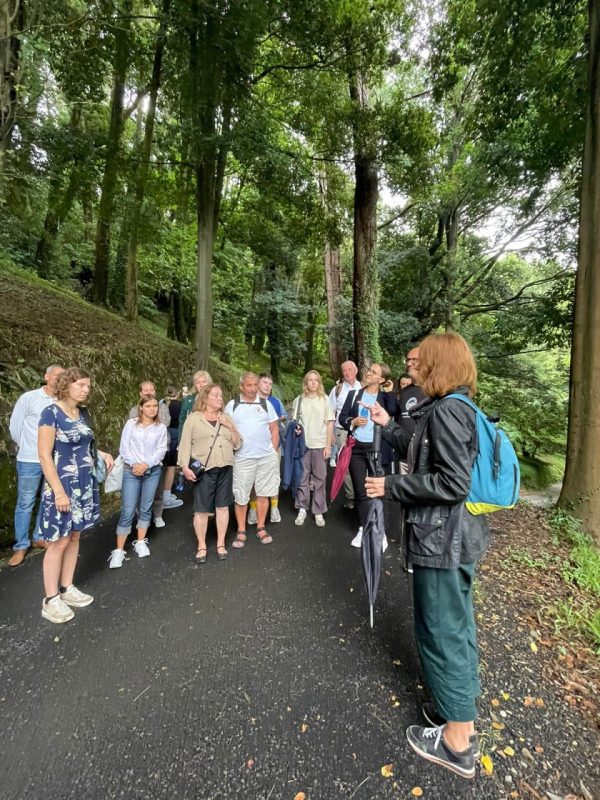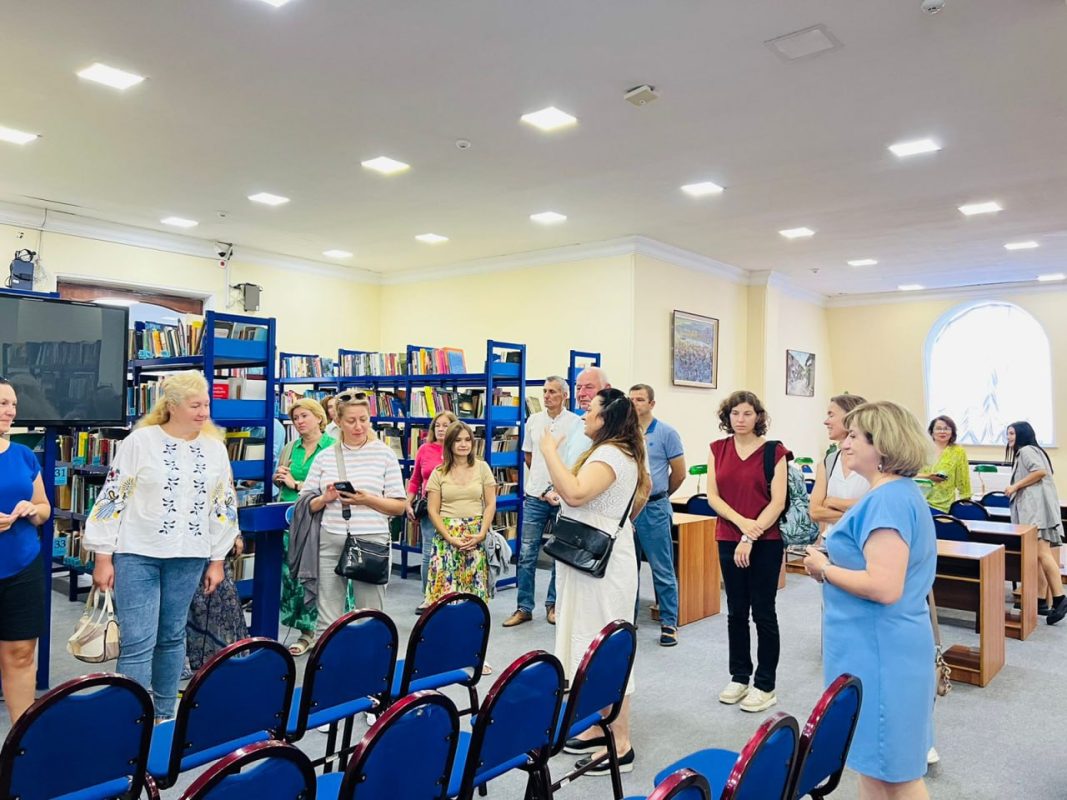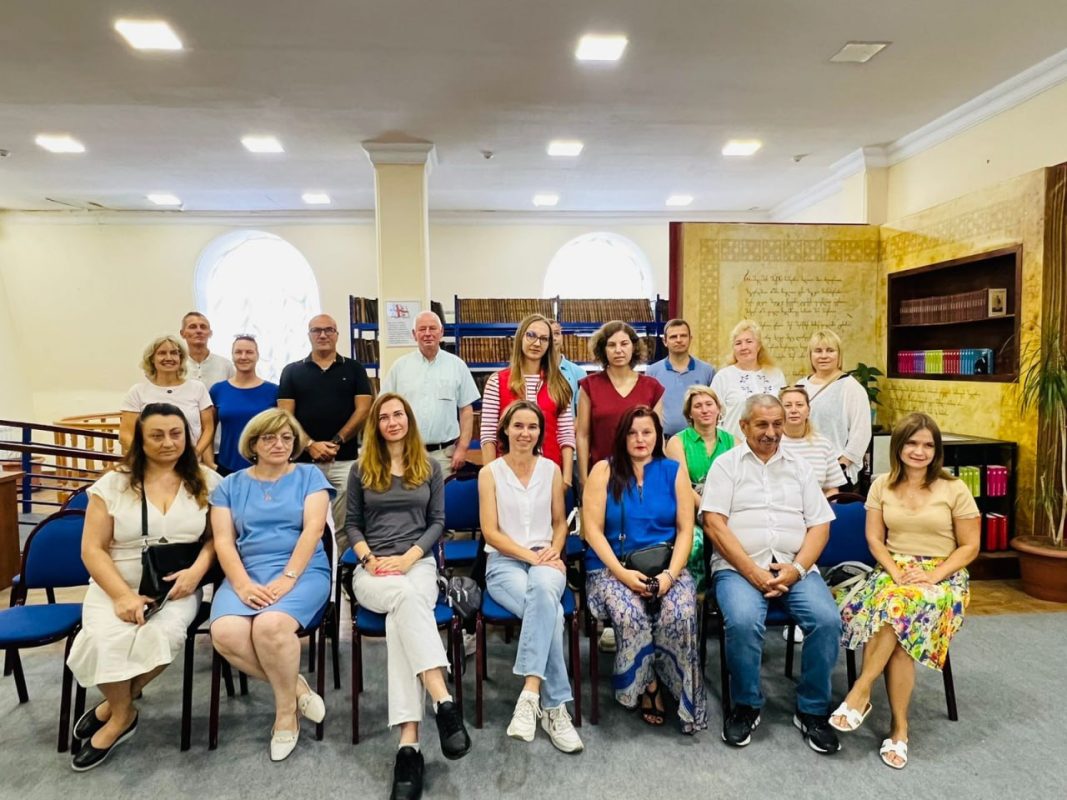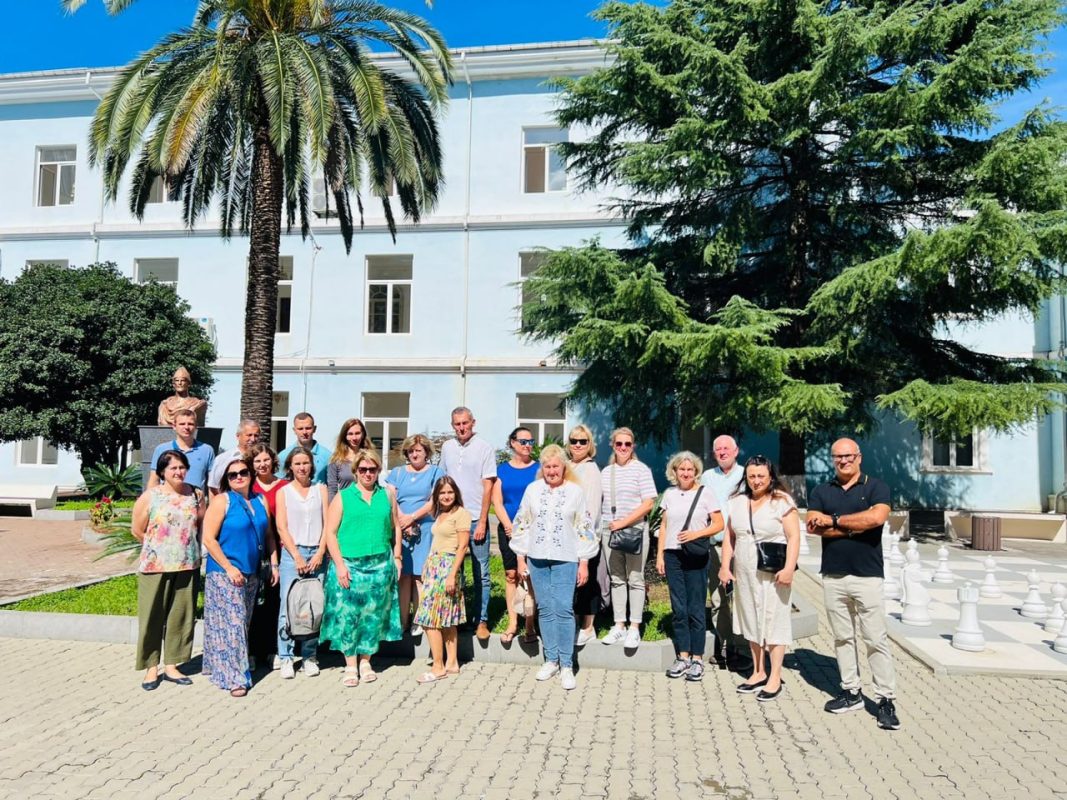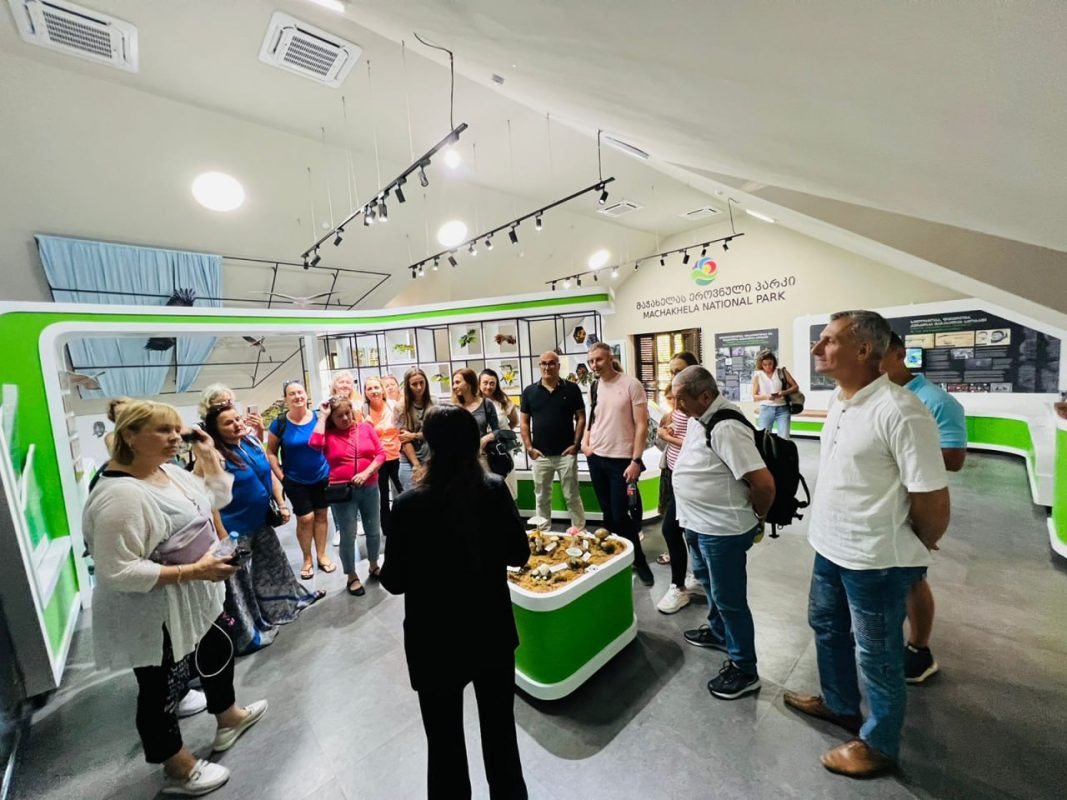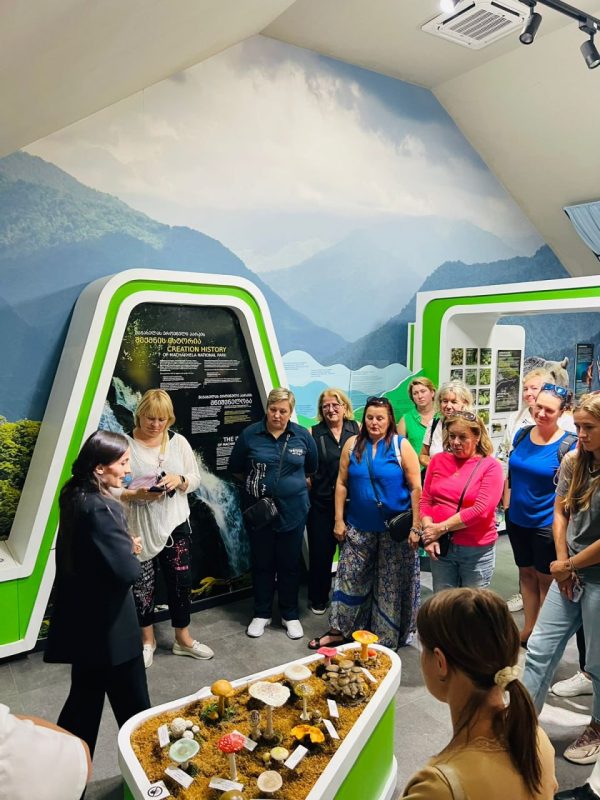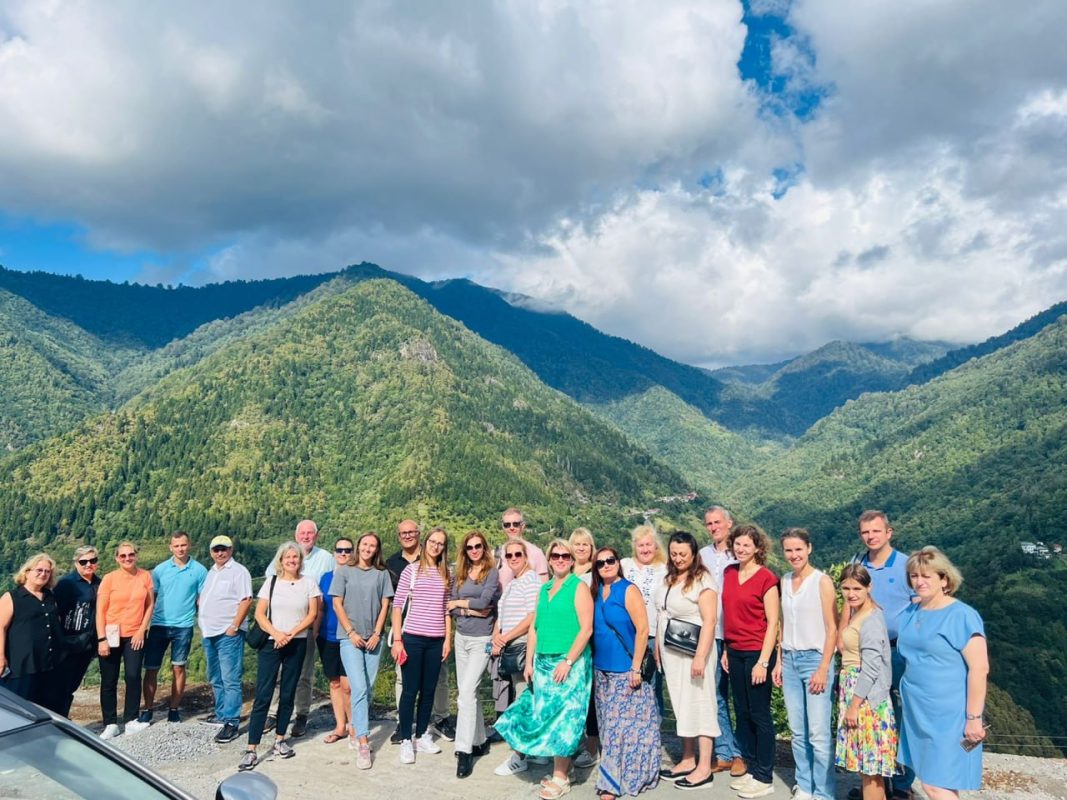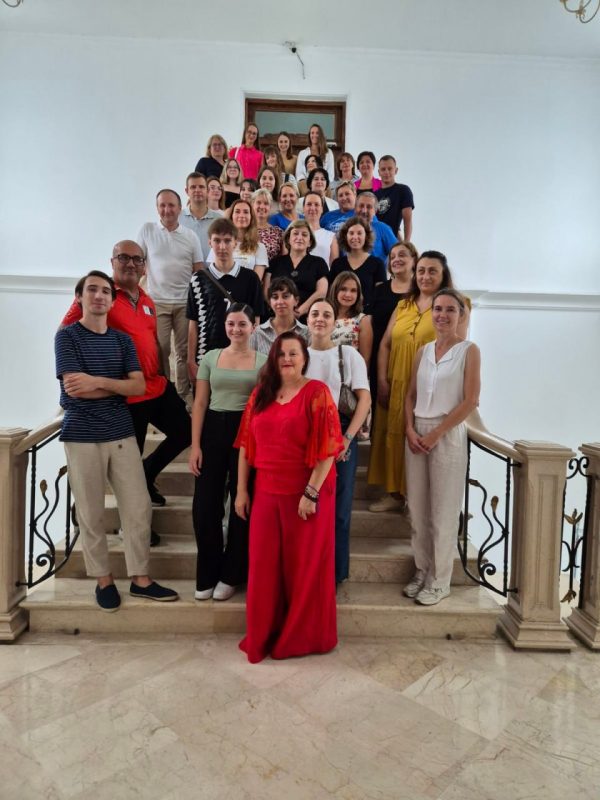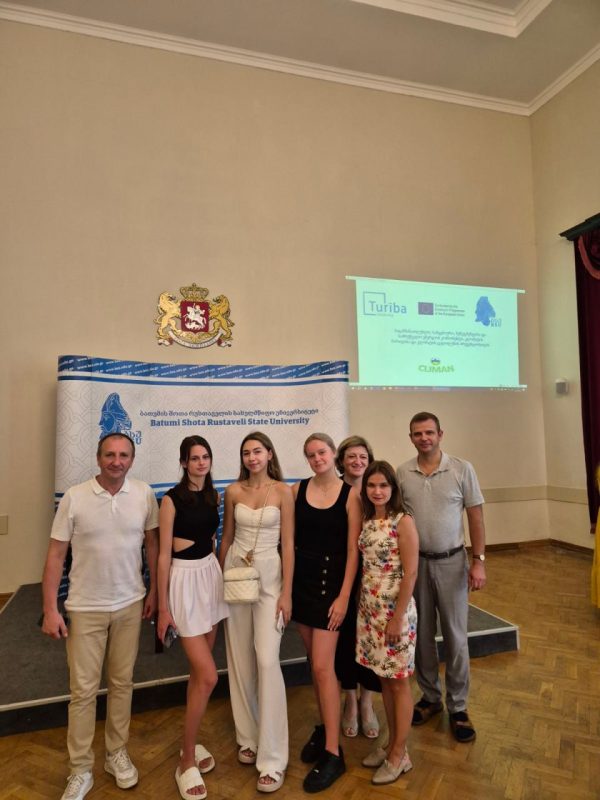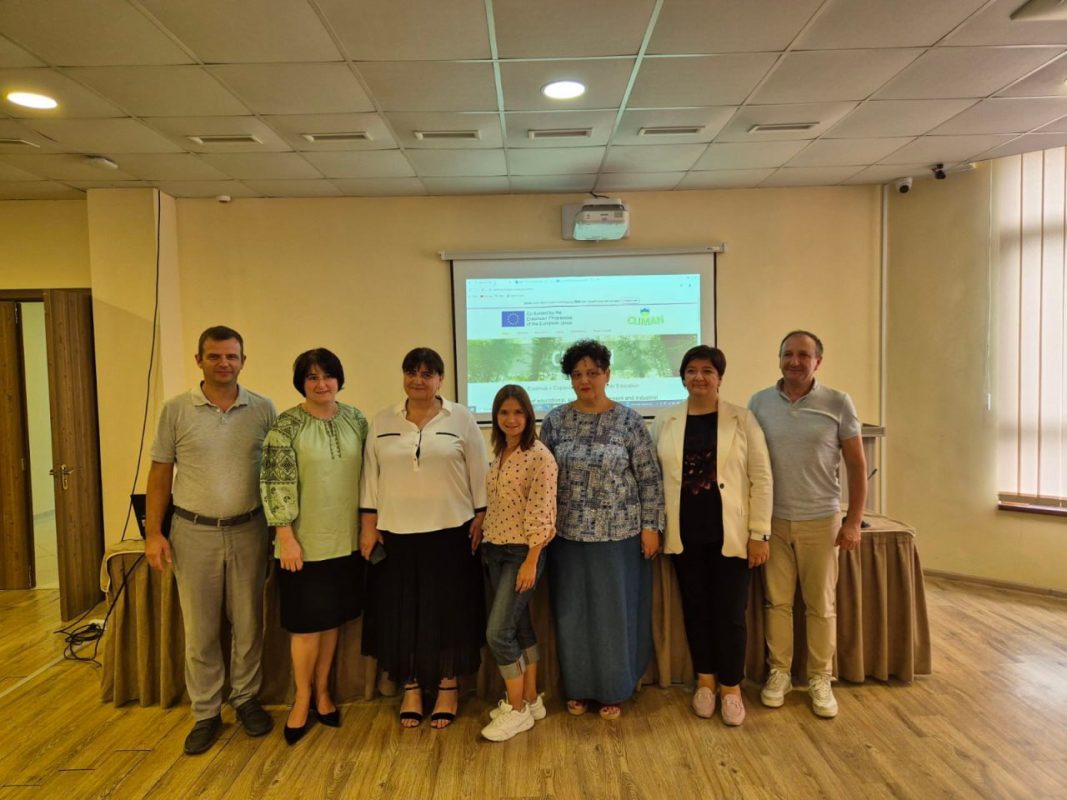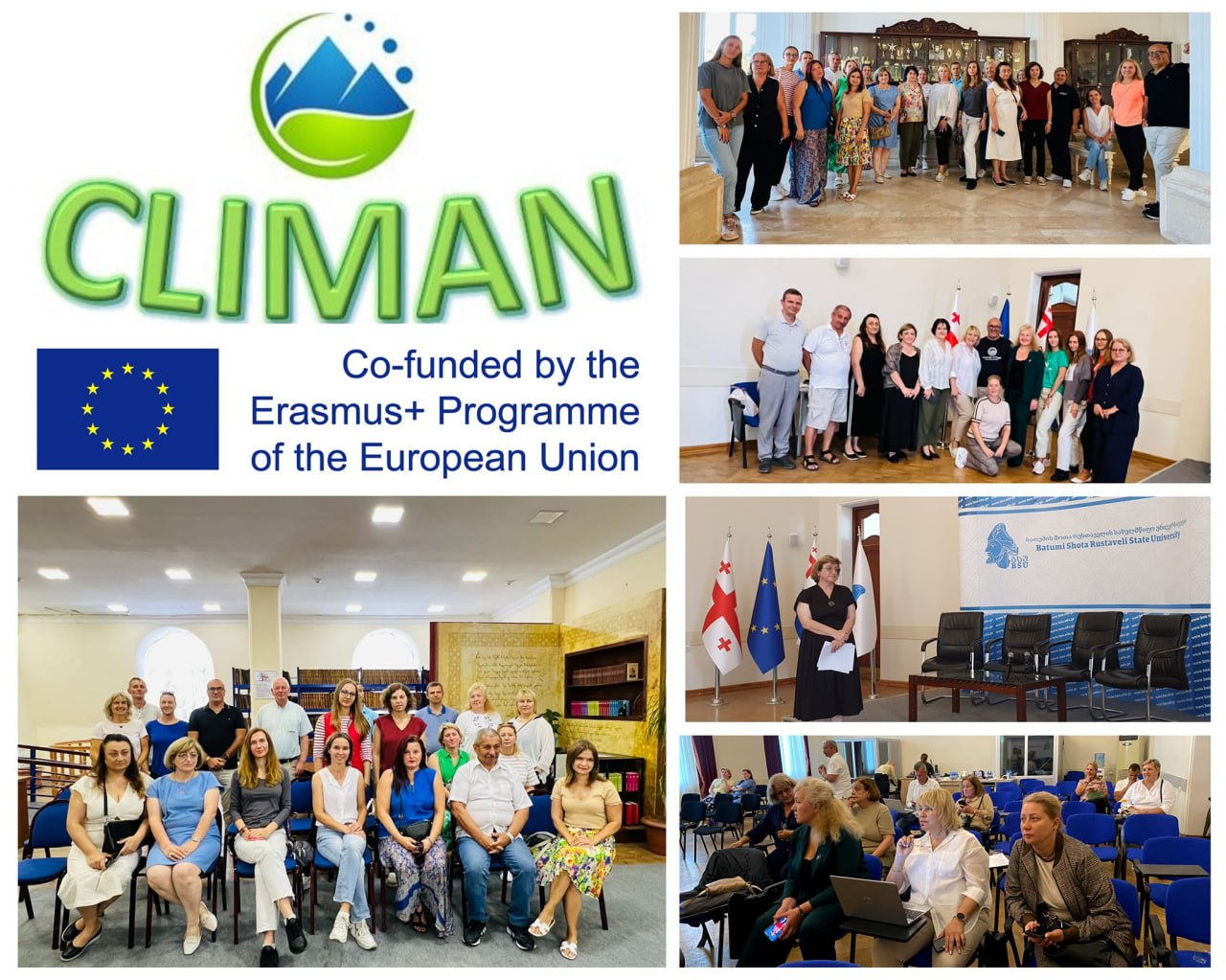Within the framework of the project 619119-EPP-1-2020-1-NL-EPPKA2-CBHE-JP “Synergy of educational, scientific, managerial and industrial components for climate management and climate change prevention” / CLIMAN (Erasmus+ Program, Neighborhood, Development and International Cooperation Instrument, Objective CA2: Capacity Building in Higher Education) in the period from September 16 to 20, 2024, a conference on sustainable development of CLIMAN project participants was held at Batumi State University named after Shota Rustaveli ( Batumi , Georgia). Batumi, Georgia), which was attended by representatives of the Western Ukrainian National University: Vasyl Brych, Director of the Educational and Research Institute of Innovation, Nature Management and Infrastructure, Olena Borysiak, Deputy Director of the Educational and Research Institute of Innovation, Nature Management and Infrastructure, and Antin Shuvar, Head of the Department of Agribiotechnology.
The Sustainable Development Conference was aimed at sharing experiences between project partners on the implementation of client-oriented solutions in the educational process and cooperation with stakeholders as part of sustainable development. During the official opening of the conference, welcoming remarks were made by the administration of Batumi Shota Rustaveli State University (Batumi, Georgia), and Professor Lela Turmanidze spoke about the organization of project activities at the university. The conference participants listened to and discussed the reports of the partners from Georgia (Akakia Tsereteli Kutaisi State University and Shota Rustaveli Batumi State University).
During the conference, the project partners from Ukraine (KROK University, Kharkiv National Automobile and Highway University, Lviv Polytechnic National University, and Western Ukrainian National University) presented their results of project implementation, educational and research activities. Olena Borysiak made a presentation on the topic: “Climate approach to the formation of a sustainable development strategy for enterprises.” The conference also included management meetings of project partners from Ukraine, Georgia, and the European Union to discuss the results of the project and prepare the final reporting documentation.
Representatives of the project coordinator shared the history and perspectives of the CLIMAN project, highlighting key events, activities, and summarizing results and achievements. The Ukrainian and Georgian partners presented the project results at their universities, including the development and piloting of climate management modules, program modernization, accreditation; the regulations, activities, and initiatives of climate management centers; and a roadmap for cooperation with stakeholders. The impact of advanced training for faculty and administrative staff, as well as expanding mobility opportunities for students, was noted. Key aspects such as dissemination, sustainability, visibility, and utilization of project results were also emphasized. The international highlight also included hands-on training in Machakhela National Park and participation in student presentations at Akakia Tsereteli State University in Kutaisi.
The project is co-financed by the European Union. However, the expressed views and opinions belong solely to the authors and do not necessarily reflect the views of the European Union or the European Education and Culture Executive Agency (EACEA). Neither the European Union nor the grantor can be held responsible for them.
